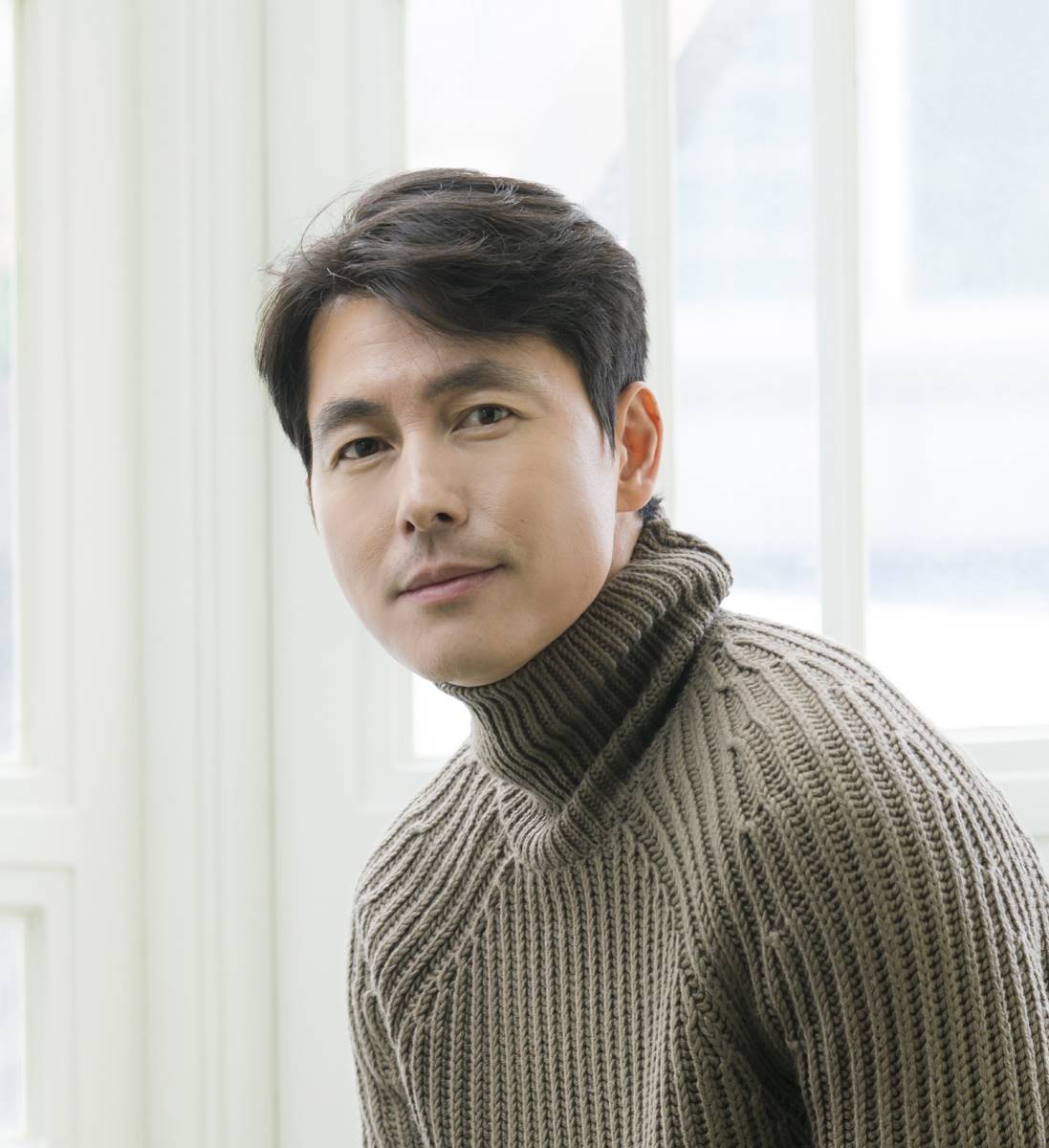JUNG WOO-SUNG

Name in korean: 정우성
Date of Birth: 22/4/1973
Gender: Man
Biography
Jung Woo-sung was born in Seoul on March 20, 1973. He begins to make his way as a model due to his considerable height. He made his film debut in 1994 with "The Fox with Nine Tails", the first film made in South Korea using the CGI technique, but the opportunity to establish himself on the scene as one of the most promising performers of his generation, came thanks to the generational drama "Beat" (1996) by Kim Sung-su who would also direct him in "City of the Rising Sun" (1998) and "Musa" (2001).
In 2004, Jung Woo-sung starred in the romantic film "A Moment to Remember", which was a box-office hit in both South Korea and Japan.
2008 the participation in the western directed by Kim Jee-woon "The Good, the Bad, the Weird", marks a fundamental stage in Jung Woo-sung's career; the film, presented at the 61st Cannes Film Festival, won him the award for Best Supporting Actor at the 2009 Asian Film Awards.
Jung Woo-sung took part in the 2010 wuxia film "Reign of Assassins" co-directed by Su Chao-pin and cult director John Woo.
She returned to acting on television in the series "Athena: Goddess of War" (2010), one of the highest-budget productions ever made in South Korea, and then returned to film with her participation in the thriller "Cold Eyes" (2013), a remake of the famous Hong Kong film "Eye in the Sky". The following year she starred in the erotic thriller "Scarlet Innocence".
For Jung Woo-sung, a period of tireless work began that has come down to the present day. In fact, we find him in 2016 in "Asura: The City of Madness" directed by Kim Sung-on which follow the two politically motivated crime films "The King" and "Steel Rain". The sci-fi "Illang: The Wolf Brigade" (2018) renews its collaboration with Kim Jee-woon, 10 years after "The Good, the Bad, the Weird". In February 2019 his latest film "Innocent Witness" was released.
On 17 June 2015, Jung Woo-sung was officially appointed UNHCR Goodwill Ambassador. In addition to personally traveling to Bangladesh, Iraq, Nepal, South Sudan, Djibouti and Lebanon, he has supported and supported fundraisers and global awareness campaigns such as #WithRefugees and World Refugee Day.
Critique
William Shakespeare wrote in his poem "The Rape of Lucretia" that "Beauty alone is sufficient to persuade the eyes of men, without the need of orators." But beauty can also want not only to be contemplated, but to make its voice heard, loud and clear.
It was not easy for Jung Woo-sung, a handsome, elegant boy with an uncommon height of almost one meter and ninety, to be heard at the beginning of his career. At least not until he met Kim Sung-su, an author who, by making him the spokesman, through the energetic but at the same time poignant films "Beat" (1996) and "City of the Rising Sun" (1998), of a youthful malaise within a violent and competitive society, decreed its affirmation on the scene.
Without ever being seduced by the lure of pure action cinematography, it is rather the feelings and contradictions of the characters that attract Jung Woo-sung's attention. In 2004, his ability to investigate even the most painful recesses of the human soul found him ready to welcome the possibilities offered by one of the riskiest cinematic genres, the sentimental and classically melodramatic one. The role of a husband who has to deal with his wife's terrible diagnosis in "A Moment to Remember" becomes one of his most iconic performances and at the same time a resounding commercial success. Jung Woo-sung shows great control here, curbing any easy pathos, drawing rather the perfect portrait of a modern romantic hero.
Not denying himself any possibility of representing human emotions, Jung Woo-sung's career certainly also finds a place for the expression of a strong sensuality. If in the youthful interpretations the characters, although apparently self-confident, were often overwhelmed by the opposite sex (as in "Beat" in which he is literally beaten at an improvised auction in a disco to be won by a girl with whom he will establish a relationship of subjection) and were still more devoted to friends rather than women, with maturity the perspectives change. In "Scarlett Innocence" (2014) the sweetness of a handsome but inexperienced boy ("Beat", "The City of Rising Sun") and the reassuring devotion of a husband shown in "A Moment to Remember", explode in the overbearing sexuality of an adult and sophisticated man who becomes a slave to his own desire, condemning himself to self-destruction.
In the films he has starred in recent years, intimacy, eros and romanticism have been put on hold for the benefit of participation in solid and prestigious choral action productions within which Jung Woo-sung does not lack the definition of a strong and intact individuality. The characterization work on increasingly complex characters inserted in broader contexts has resurfaced feelings previously frequented, such as the melancholy and vulnerability characteristic of the lone North Korean spy who has nothing left to lose in "Steel Rain" (2017) and before that of the drifting detective in "Asura: The City of Madness" (2016).
Jung Woo-sung's attention to nuance and a deep sense of proportion made him the ideal companion with whom to share the stage, not only for his female co-stars who found the opportunity to express themselves alongside him without ever being overshadowed, but also for colleagues who over time became friends and recurring partners. Like Lee Jung-jae, his debut companion in "City of the Rising Sun" and a lifelong friend and more recently Kwak Do-won, with whom he worked in two consecutive films ("Asura: The City of Madness" in 2016 and "Steel Rain" the following year) establishing a particular and fortunate chemistry also given by the differences in physical appearance and therefore in the characteristics of the characters played. In 2017 he starred alongside Zo In-Sung in Han Jae-Rim's "The King", a political black comedy in which he plays the role of an unscrupulous chief prosecutor.
Still different is the work done for "Illang: The Wolf Brigade" by Kim Jee-woon in which Jung Woo-sung works by subtraction in building the characterization of a man, a soldier, so devoted to a cause that he has almost lost all traits of humanity and empathy to become cold and suspicious like a wolf.




